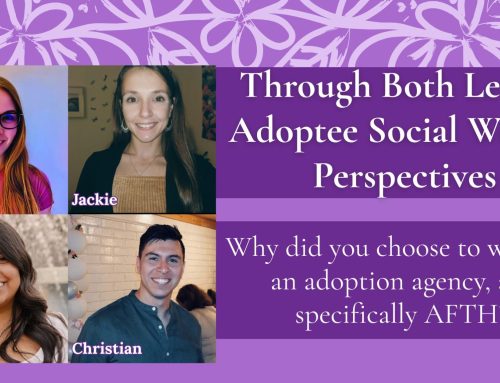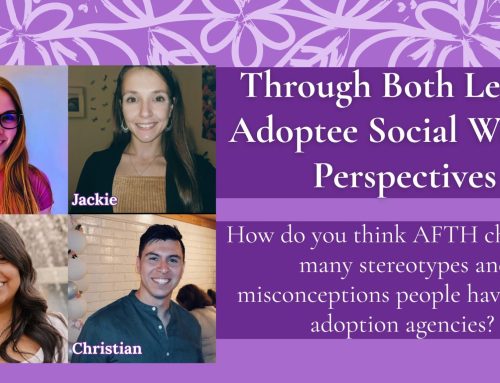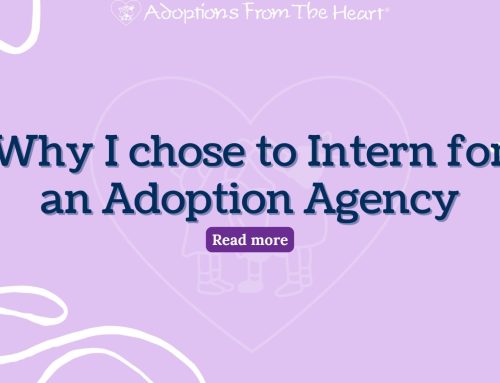Anyone who wishes to adopt a child from another state must familiarize themselves with the Interstate Compact of the Placement of Children act (ICPC). The purpose of the ICPC act is to ensure the safe placement of children within all 50 states, Washington D.C., and the U.S. Virgin Islands.
Key Terms
-Sending State: The state where the child was born/currently lives in.
-Receiving State: The state where the prospective adoptive parents live.
Lowdown
States exchange information through ICPC compact administrators of both the receiving and sending states. The ICPC compact administrators from each state must legally disclose all important information pertaining to each party. The job of an ICPC compact administrator is to thoroughly review information about both the child and the prospective adoptive parent to make sure it is: 1) Complete and 2) Complies with state law.
Step-by-Step of ICPC
- Child’s adoption agency requests a home study from the prospective adoptive parents residing in the “receiving state.” The agency begins a packet that includes a form, the ICPC 100-A. The packet also consists of information regarding the needs of the child.
- The adoption agency of the child sends the prepared packet to the ICPC compact administrator representing the “sending state.”
- Sending state’s ICPC compact administrator reviews the entire packet and sends it along to the receiving state. The ICPC compact administrator follows suit and looks over the packet.
- The agency representing the receiving state conducts a home study. After the home study, the agency will provide a recommendation in favor of the prospective adoptive parents if they feel they are equipped to parent.
- When the placement is approved the parents/guardians must provide periodic updates on the child.




